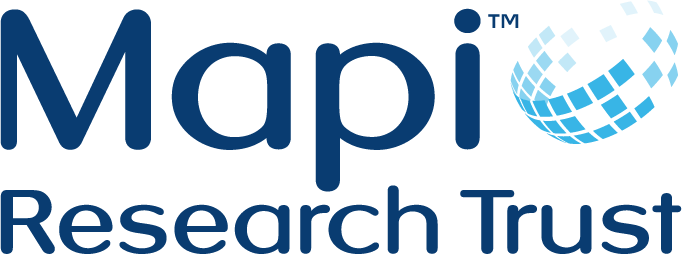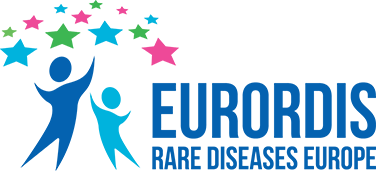Mapi Research Trust’s PROVIDE services are a unique resource for the scientific community. This full-range support is critical for anyone involved in the field of Clinical Outcomes Assessments (COAs).
PROVIDE, which is available on an ad-hoc basis or within the context of annual subscriptions, includes the following in-house easily accessible services (non-exhaustive list):
Copyright for measures (who owns the measure)
Available translated versions & methodology to translate
Translation Certificates
Providing of scoring manuals
Licensing process / permission to use measures
Find measures in a specific therapeutic indication/on-going clinical trials
Original and review copies of thousands of COAs and translations
List of COA concepts
List of recommended COAs from guidelines
PRO Claims: a study of competitor products and COA Labeling claims
Provide reports that come from PROQOLID / PROLabels
Developer contact (for conditions of use, scoring, translation, etc.)
Bibliographic references
See content validity documentation, availability, psychometric properties, etc.







